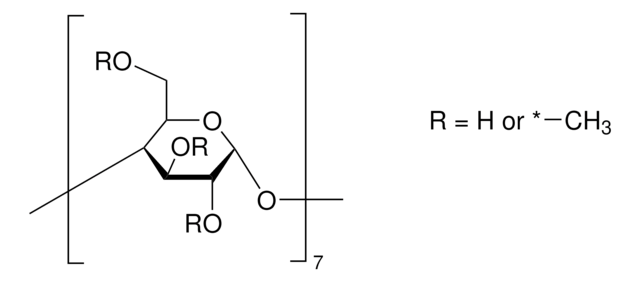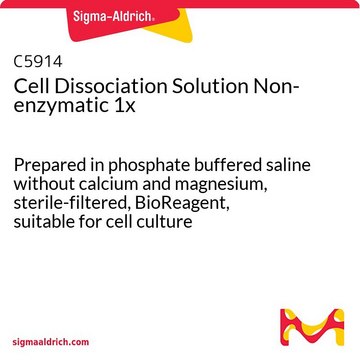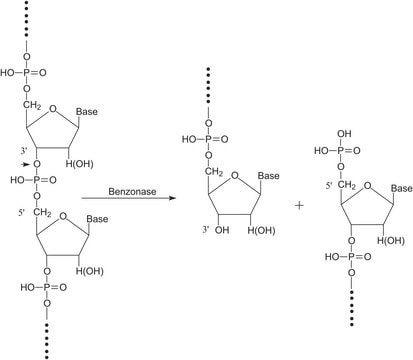MABS27
Anti-Diglycyl Lysine (Clone GX41) Antibody
clone GX41, from mouse
Sinonimo/i:
Diglycyl Lysine
About This Item
Prodotti consigliati
Origine biologica
mouse
Livello qualitativo
Forma dell’anticorpo
purified immunoglobulin
Tipo di anticorpo
primary antibodies
Clone
GX41, monoclonal
Reattività contro le specie
human, mouse, rat
Reattività contro le specie (prevista in base all’omologia)
all
tecniche
immunoprecipitation (IP): suitable
western blot: suitable
Isotipo
IgG1κ
Condizioni di spedizione
wet ice
modifica post-traduzionali bersaglio
unmodified
Descrizione generale
Specificità
Immunogeno
Applicazioni
Mass Spectrometry Analysis: A previous lot was used by an independent a laboratory in Mass Spec. Image courtesy of Samie Jaffrey, Cornell Medical College.
Signaling
General Post-translation Modification
Qualità
Western Blot Analysis: 0.5 µg/mL of this antibody detected Diglycyl Lysine on 10 µg of BSA protein and Diglycine modified BSA.
Descrizione del bersaglio
Stato fisico
Stoccaggio e stabilità
Risultati analitici
BSA protein and Diglycine modified BSA
Altre note
Esclusione di responsabilità
Non trovi il prodotto giusto?
Prova il nostro Motore di ricerca dei prodotti.
Codice della classe di stoccaggio
12 - Non Combustible Liquids
Classe di pericolosità dell'acqua (WGK)
WGK 1
Punto d’infiammabilità (°F)
Not applicable
Punto d’infiammabilità (°C)
Not applicable
Certificati d'analisi (COA)
Cerca il Certificati d'analisi (COA) digitando il numero di lotto/batch corrispondente. I numeri di lotto o di batch sono stampati sull'etichetta dei prodotti dopo la parola ‘Lotto’ o ‘Batch’.
Possiedi già questo prodotto?
I documenti relativi ai prodotti acquistati recentemente sono disponibili nell’Archivio dei documenti.
Il team dei nostri ricercatori vanta grande esperienza in tutte le aree della ricerca quali Life Science, scienza dei materiali, sintesi chimica, cromatografia, discipline analitiche, ecc..
Contatta l'Assistenza Tecnica.








